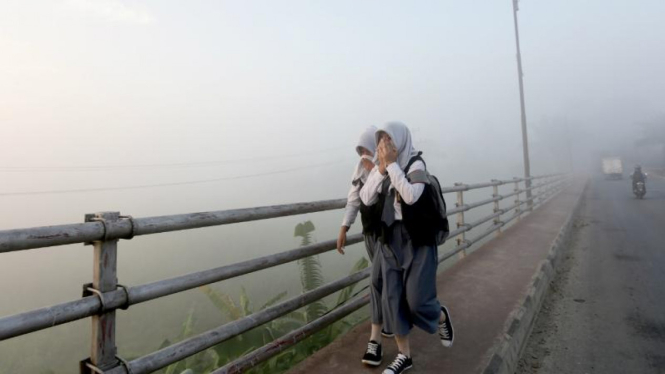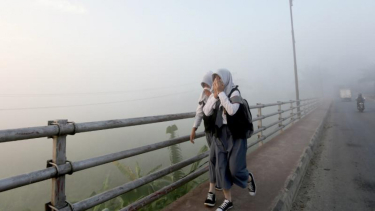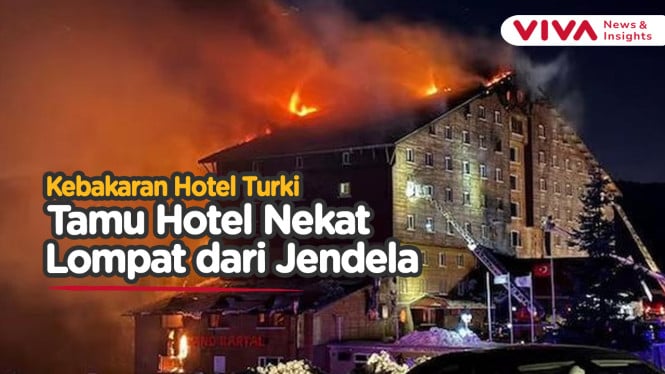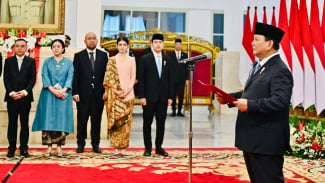Strengthening Climate Analysis to Prevent Transboundary Smog
- ANTARA FOTO/Nova Wahyudi
Jakarta – The Ministry of Environment and Forestry (KLHK) has revealed the measures they have taken, to prevent transboundary smog caused by forest and land fires.
"Based on data analysis, we have implemented a continuous early warning system. This is not only done during forest fires but every day," said Laksmi Dhewanthi, the Director General of Climate Change Control at KLHK, during the 9th Sustainable Communities Forum (FMB9): Anticipating Forest and Land Fires held online in Jakarta on Monday.
Laksmi explained that KLHK has undertaken three prevention efforts to address transboundary smoke. Firstly, they have strengthened climate and weather analysis to monitor El Niño and La Niña phenomena.
Based on the analysis, KLHK, together with relevant parties handling karhutla, receives field updates twice a day through technological devices. This information is then used by the government to provide continuous early warnings to the public.
The second effort carried out by KLHK is to enhance field operations through independent patrols conducted by forest fire extinguishment personnel within KLHK. Additionally, integrated patrols involving local government agencies, the military/police, and the community are also conducted.
At the community level, KLHK has empowered local residents through the establishment of the Fire-Aware Community (MPA). Currently, the number of MPA members across Indonesia has reached 11,100.

"The Fire-Aware Community group is not only involved in fire suppression but also provides solutions to the community in meeting social and economic needs, while contributing to the surrounding environment," she stated.
Furthermore, KLHK has developed a landscape management system as a step towards promoting land burning practices without fire.
"From 2020 to 2022, there were no fires resulting in transboundary smoke. In 2015, a major forest fire occurred, but at that time, we did not have a permanent solution. Within a period of about two months, there were transboundary smoke incidents," she explained.























